Conjunctivitis in Cats: Symptoms, Treatment & Prevention
31.05.2022.
We all want what is best for our loved cats, but sometimes they will end up with some health problems that you will have to take care of. One of that problems is conjunctivitis. Conjunctivitis in cats is an eye problem or, more precisely, inflammation of the conjunctiva. To keep their cats safe, cat owners should be aware of all signs of conjunctivitis in cats to notice it in an early phase and to prevent it from spreading.
What is conjunctivitis?
As we already said, conjunctivitis is most commonly known as inflammation of the conjunctiva. Conjunctiva is a thin membrane that is located inside the eyelids. This state will cause cats' eyes to become red and swollen, and in many cases, it will be followed by discharge.
Conjunctivitis in cats can affect one or both eyes.
There are two types of conjunctivitis in cats:
- infectious
- non-infectious
Both types will have mainly the same symptoms, but the difference is in how they are caused.
RELATED: What Cat Owners Need to Know About Cat Eyes
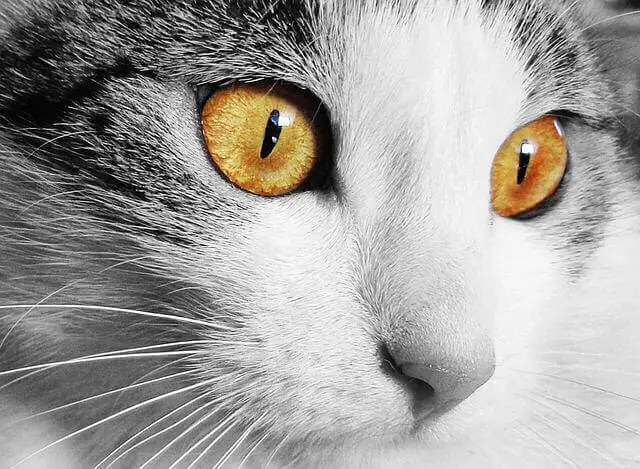
Infectious Conjunctivitis
Infectious conjunctivitis in cats is most commonly caused by bacteria, viruses, and fungi. Feline viral rhinotracheitis (FVR) is a leading virus that causes conjunctivitis.
Bacterias that cause conjunctivitis in cats are:
- Chlamydophila
- Staphylococci
- Streptococci bacteria
Non-infectious Conjunctivitis
Non-infectious conjunctivitis is caused mainly by environmental irritants – foreign bodies (dust, sand) can enter cat eyelids and become trapped. Chemicals are also one of the leading causes of conjunctivitis. It is not strange that allergies will cause this health problem, although allergies can be hard to avoid and identify.
RELATED: Cataracts in Cats: Causes, Symptoms & Treatment
Symptoms of Conjunctivitis in Cats
To prevent any health problem with cats, you must know all the symptoms that can occur. Symptoms of conjunctivitis in cats are:
- Redness
- Discharge and watering
- Eye swelling
- Squinting
- Sneezing
- Uncontrolled blinking
- Sensitivity to light
- Eye discharge
- Rubbing or pawing
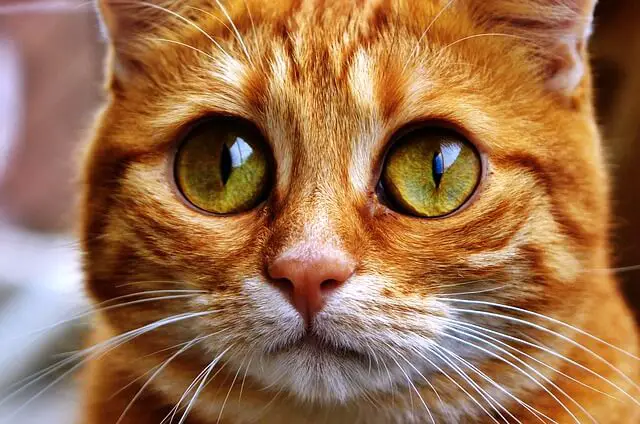
Diagnosing conjunctivitis in cats
To diagnose this problem vet will perform a physical exam. In many cases, conjunctivitis can occur with other health problems such as respiratory diseases. The first thing is to rule out any foreign body in the cat's eye. A specific test can be performed to determine the cause of the problem and determine the type of conjunctivitis cats have.
Treatment of conjunctivitis in cats
Depending on the cause, conjunctivitis can be treated with different medications. In most cases, eye drops will do the trick and will help your cat get rid of conjunctivitis.
RELATED: 8 Ways To Keep Your Cat Happy & Satisfied
Your vet can also prescribe your cat with:
- Immune-boosting supplements
- Steroids
- Antibiotics
- Anti-inflammatories
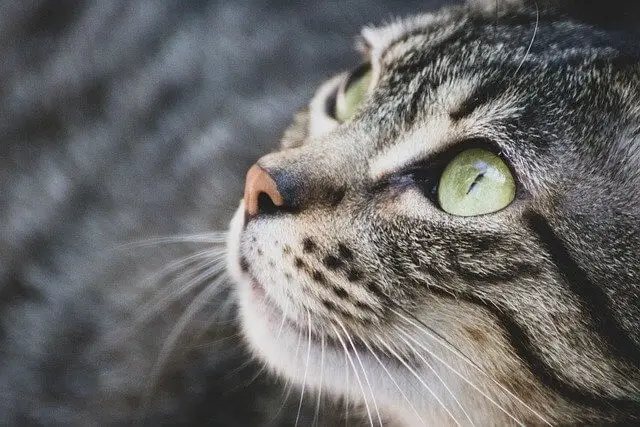
Can cats use human eye drops?
Most human medication will cause toxicity in cats, and you should never use any medication unless prescribed by a veterinarian. If you decide to treat your cat without consulting your vet, you could cause more harm than good.
When can I see the first result?
Most cats will see improvement within the first few days of the medication. Be advised that if you notice that your cat is getting better, don't stop using the medication your vet has prescribed. You should always treat your cat until the end of the prescribed period. If you decide to stop giving your cat prescribed medication earlier, the infection can reappear, and the next time it will be harder to heal.
RELATED: How Old Is My Cat? Here’s How To Determine A Cat’s Age
How to prevent conjunctivitis
Infectious type of conjunctivitis is tough to prevent, but there are a few ways you could keep your cat safe
- Always keep your cat in a clean and safe environment
- Infected cats should be distanced from other healthy cats
- Give your cat supplements for immune to keep their immune system at the top level
- If you touch an infected cat, you should always wash your hand before touching other uninfected cats
- Keep your cats' eyes clean
- Keep your cat on regular vaccinations
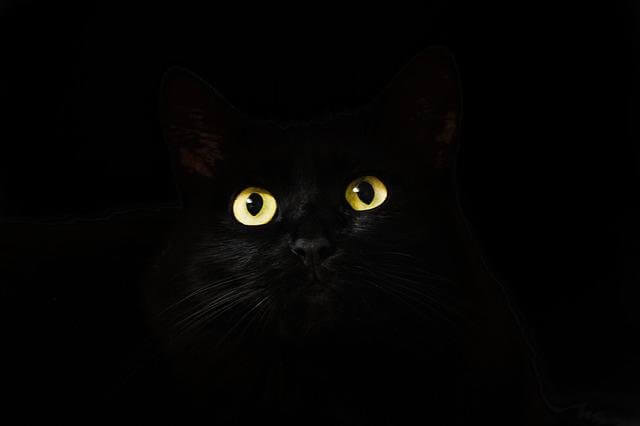
Can a cat go blind from conjunctivitis?
There aren't many known cases where cats that contracted conjunctivitis became blind. Although conjunctivitis in cats can vary from mild to severe infections, generally speaking, your cat's chances of going blind are very low. That doesn't mean that you should delay treating your cat as soon as you notice something strange with your cat's eyes.
Contact your vet immediately and make an appointment as soon as possible. If you start treating your cat's eyes earlier, there are better chances that your cat will only end up with a mild infection.
RELATED: FIV in Cats: Infection, Treatment & Prevention
Is cat conjunctivitis contagious to humans?
The chances of humans getting infected with conjunctivitis over cats are very low, but you should always be careful in you end up with an infected cat. After handling an infected cat, you should always wash your hand for extra safety.
Conclusion
Conjunctivitis in cats can vary from mild to severe, and you should not postpone going to the vet's office if you notice something strange with your cat's eyes. In most cases, your cat will be prescribed eye drops to suppress infection, and your cat will continue to live a happy life.
World Cat Finder Team

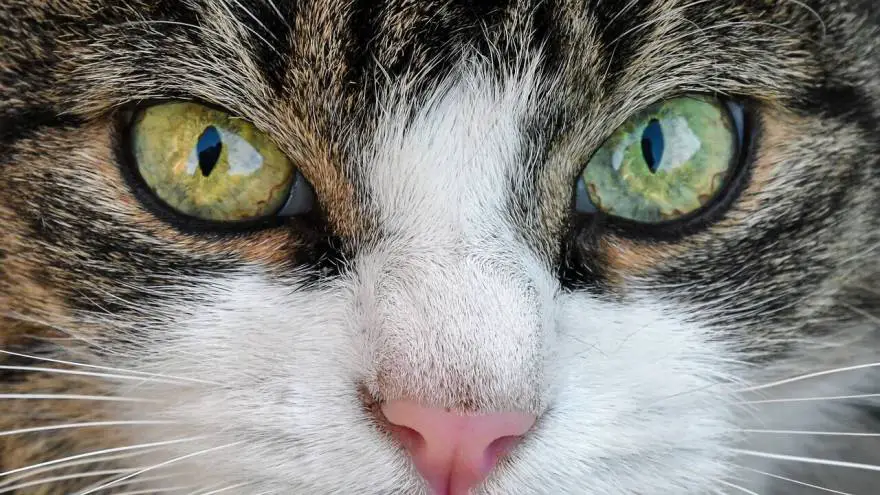





Share